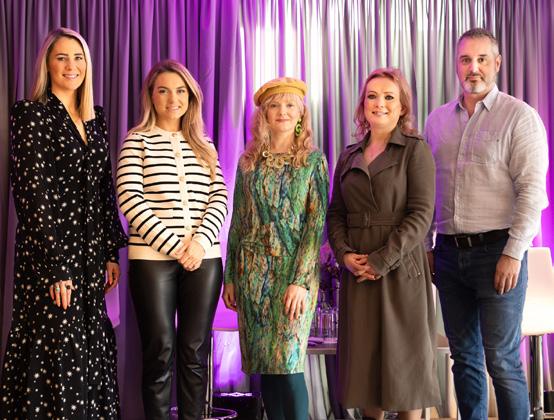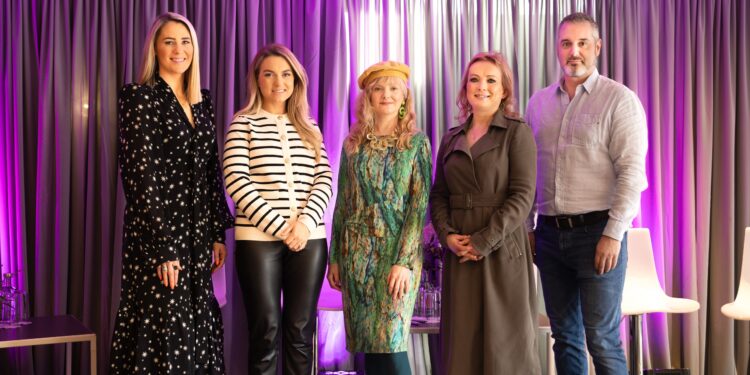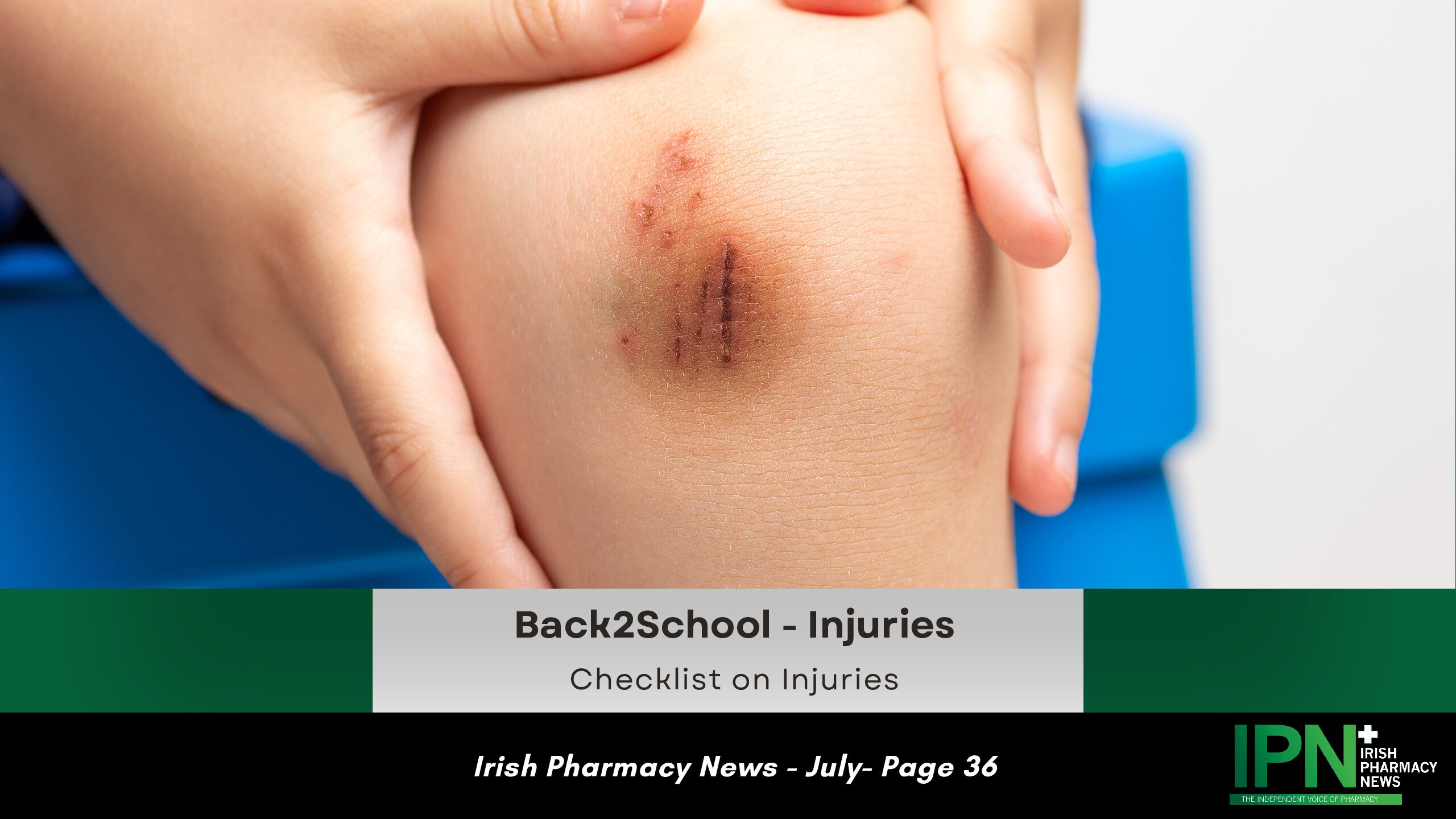More than one in three adults (34%) have experienced stigma or judgement in relation to their fertility, either directly or through a friend or family member according to new research commissioned by Sims IVF. The nationally representative research, which was carried out amongst 1,000 Irish adults, points to the widespread prevalence of stigma that individuals and couples in Ireland experience when trying to conceive or when undergoing fertility treatment.

Irish sports journalist and RTÉ television presenter Evanne Ní Chuilinn
Almost half (46%) of adults surveyed have had experience with fertility issues, either personally or through someone they know.[i] The incidence rises to 60% amongst younger adults, aged between 25-34.
The research underlined the widespread nature of the prejudice associated with fertility as almost half (49%) of respondents recounted feelings of stigma during interactions with friends and 50% experienced stigma with their extended family members. 23% of people experienced stigma at work with regard to their fertility status.
Karen Ferguson, Director of Nursing and Clinical Services at Sims IVF said, “Stigma is a hidden burden that people who are going through fertility treatment or who may be trying to start a family without success often carry with them. The research revealed that people are experiencing stigma in many different forms including dealing with judgement from others, humour or sarcasm directed towards them, or unsolicited advice, which can be devastating. It was also clear that the stigma often presents from those who are closest to us, amongst immediate and extended family, friends, and in the workplace.”
Concerningly, the research revealed that 14% of respondents believe that fertility is a taboo subject which shouldn’t be discussed openly and 21% believe that fertility is perceived as a ‘women’s issue’. Other experiences included:
• 26% have felt pressure from family, friends or society to have children.
• 16% have been subject to invasive questions about their reproductive plans.
• 15% have experienced humour or sarcasm directed towards those without children.
• 14% have received or witnessed someone else receiving unsolicited fertility advice.
Graham Coull, Group Scientific Director at Sims IVF added, “Whether they know it or not, everyone in Ireland knows someone affected by fertility issues. According to the WHO, one in six people will be affected by infertility.[ii] There is often an assumption that fertility struggles are a woman’s issue, but the truth is that everyone seeking fertility support, male or female, deserves dignity and respect. In the same way it is inappropriate to discuss someone’s weight or dress size, it is highly insensitive to question someone’s family planning.”
Commenting on the findings, Caitríona Fitzpatrick, Chairperson of the National Infertility Charity NISIG said, “Given that so many people or those close to them are affected by infertility issues in Ireland, it is truly shameful that anyone would feel stigma or judgement as a result. Infertility is a disease as defined by the WHO and something we need to talk about more – to educate people of every age, to make employers aware of the issues associated with it and of course more broadly the need for legislation around it. A key message we always tell people who come to us who are experiencing infertility is, you are not alone, although you may feel that way, there is help and support available and many people are in a similar situation to you out there. However, until we start really getting that message out across all of society, people will continue to feel isolated and as the survey suggests, unjustly stigmatised.”
Respondents were asked about the measure needed to tackle stigma, with the majority (51%) citing education during primary, secondary and third level education. 48% of respondents favoured access to specialist counselling and support and 46% felt there is a need for the availability of reliable information online. Workplace policies to support those going through treatment were also a popular choice amongst respondents, with 37% also in favour of increased support at work.
The research was presented in full at an event hosted by Sims IVF.
References
[i] Empathy Research, commissioned by Sims IVF, December 2023. Conducted among a nationally representative sample of 1,044 members of the general public aged 18 and above.
[ii] 1 in 6 people globally affected by infertility: WHO – https://www.who. int/news/item/04-04-2023-1-in-6people-globally-affected-by-infertility











